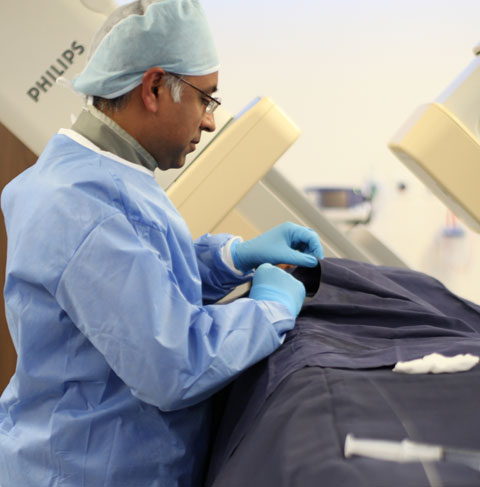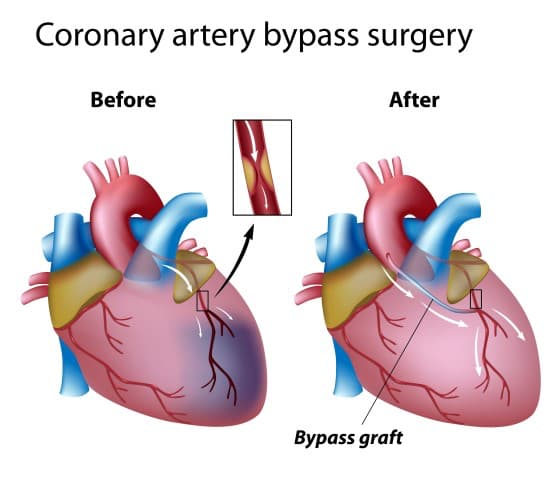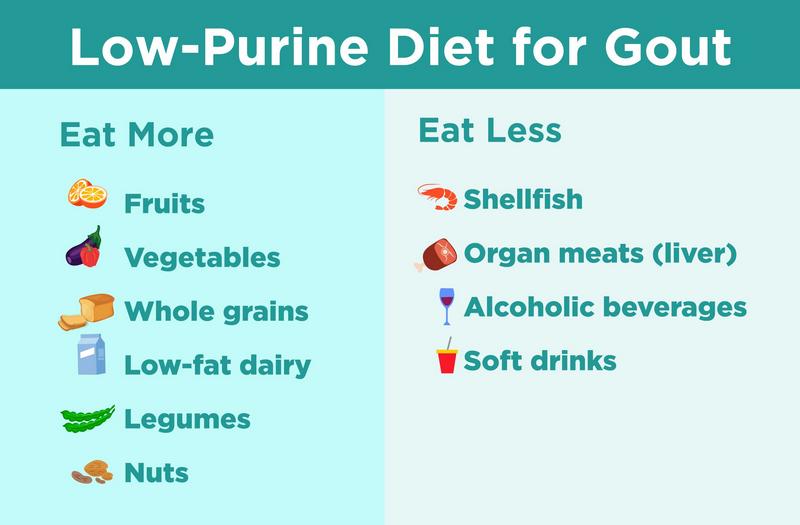CORONARY ANGIOGRAPHY

A coronary angiogram is a test which allows your cardiologist to visualize the coronary arteries. The coronary arteries supply the heart muscle with blood and oxygen. The procedure can be done from the wrist (radial artery) or the leg (femoral artery).
In the Catheterization Laboratory, the cardiologist places a local anaesthetic at the puncture site. When the artery is completely frozen and anaesthetised, a tiny plastic tube is inserted into the artery. The procedure is performed through this ‘gateway’. Specially shaped plastic pipes (catheters) allow the mouth of the coronary arteries to be engaged. A radio-opaque dye (usually iodine-based) is injected through the tube and X-ray pictures are taken. This allows the cardiologist to see any narrowings or blockages and can also give information about the blood pressure inside the heart and how well the heart is pumping. During an angiogram, patients are continually linked to a heart monitor (ECG) that shows the heart rate, rhythm and blood pressure.
The procedure usually takes 10-20 minutes. An coronary angiogram requires you to be fasted for at least 6 hours and can be done as a day case procedure.

Frequently Asked Questions
While information online about Coronary angiography may be useful and informative, it is best to always consult a medical professional for accurate diagnosis and appropriate treatment. Here are some frequently asked questions:
What is coronary angiography, and why is it performed?
Coronary angiography is a diagnostic procedure that uses X-ray imaging and contrast dye to visualise the coronary arteries, identifying blockages or narrowing that may impede blood flow to the heart muscle. It is commonly performed to assess the presence and severity of coronary artery disease, guiding decisions for interventions like angioplasty or bypass surgery.
How is coronary angiography conducted?
The procedure involves inserting a catheter through an artery in the wrist or groin, advancing it to the heart. A contrast dye is injected, allowing X-ray images to reveal arterial blockages. Patients are typically awake, with local anaesthesia applied at the insertion site, and the entire process usually takes 10 to 20 minutes.
What are the risks associated with coronary angiography?
While generally safe, coronary angiography carries potential risks such as bleeding, bruising at the catheter insertion site, allergic reactions to the contrast dye, and, in rare cases, more serious complications like heart attack, stroke, or kidney damage. Serious complications are estimated to occur in less than 1 in 1,000 cases.
What is the recovery process after coronary angiography?
Post-procedure, patients are monitored for a few hours to ensure stability and check for any immediate complications. They are advised to avoid strenuous activities for a short period, keep the catheter insertion site clean and dry, and follow up with the healthcare provider as recommended. Most individuals can resume normal activities within a day or two.
When is coronary angiography recommended?
This procedure is typically advised when non-invasive tests, such as stress tests or echocardiograms, indicate potential coronary artery disease or when patients present symptoms like chest pain or shortness of breath. It helps determine the extent of arterial blockage and plan appropriate treatment strategies.


